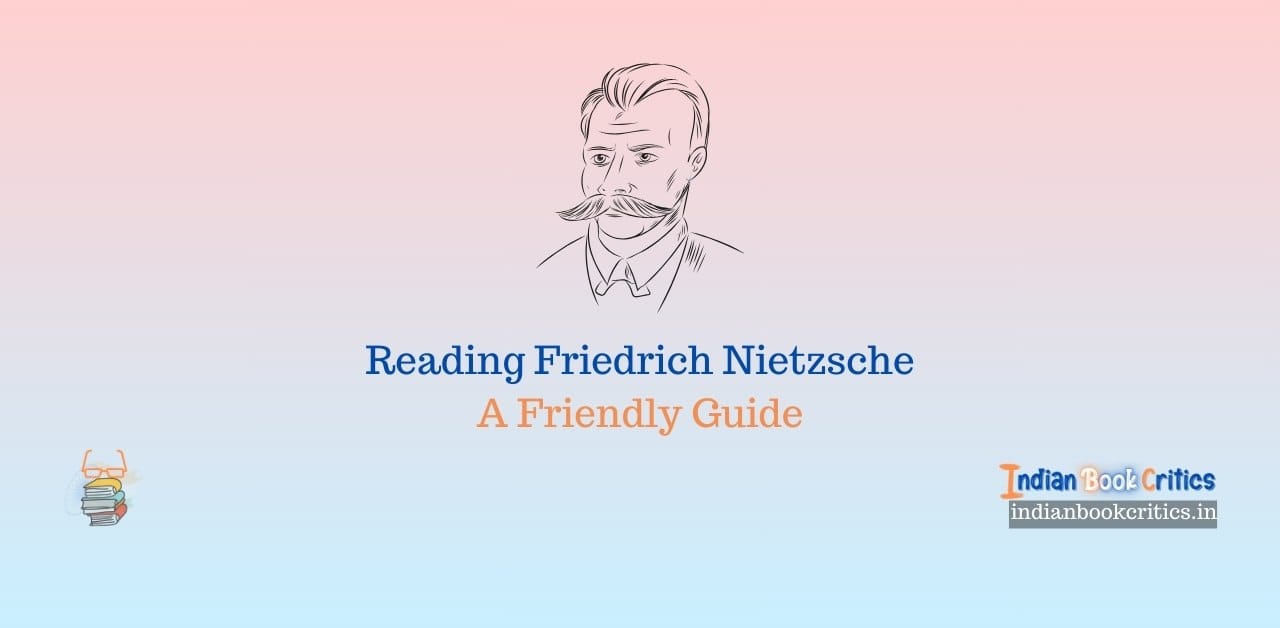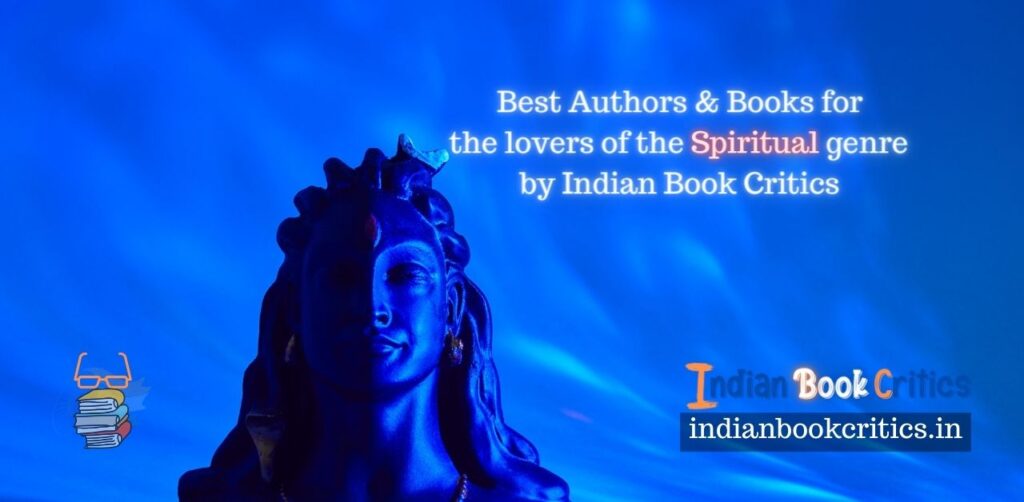Friedrich Nietzsche (1844–1900) is one of Western philosophy’s most enigmatic and influential figures. Unlike his systematic contemporaries such as Immanuel Kant or G.W.F. Hegel, Nietzsche rejected rigid philosophical frameworks in favour of a dynamic, often poetic style that blended aphorism, metaphor, and polemic. His works interrogate the foundations of morality, religion, and culture, advocating for individualism, intellectual courage, and the “revaluation of all values.” Nietzsche’s ideas—ranging from the “Übermensch” (Overman) to the “will to power” and “eternal recurrence”—have left indelible marks on existentialism, postmodernism, and beyond. Yet his provocative tone and fragmented writing style pose challenges for new readers, while his layered critiques demand rigorous engagement from advanced scholars. This article provides a roadmap for navigating Nietzsche’s corpus, offering tailored recommendations for beginners and seasoned readers.
Why Nietzsche? Distinctions and Legacy
Nietzsche’s philosophy defies easy categorisation. While thinkers like Marx focused on socio-economic structures or Kierkegaard on subjective faith, Nietzsche’s project centred on diagnosing the “sickness” of Western culture. He critiqued the “slave morality” of Christianity, championed artistic and intellectual vitality, and foresaw the existential vacuum of modernity. His works are not treatises but invitations to question assumptions—a quality that makes them timeless yet daunting. Unlike Kant’s Critique of Pure Reason or Hegel’s Phenomenology of Spirit, Nietzsche’s writings demand active interpretation, often blurring the line between philosophy and literature. This very distinctiveness, however, underscores their enduring relevance.
Beginner Recommendations: Entry Points to Nietzsche’s Thought
For newcomers, Nietzsche’s complexity necessitates starting with texts that balance accessibility with thematic breadth. Therefore, based on my experiences and popular opinions, I have made a list of books suitable for beginners reading and interpreting Nietzsche. The following works provide foundational insights into his key ideas without overwhelming readers.
Twilight of the Idols (1889)
Subtitled How to Philosophise with a Hammer, this late work serves as a concise primer on Nietzsche’s critiques. He dismantles “idols” like Socrates, Kant, and traditional morality, advocating instead for a life-affirming philosophy rooted in instinct and creativity. The book’s brevity and polemical clarity make it ideal for beginners. Notable sections include “Morality as Anti-Nature” and the infamous “Skirmishes of an Untimely Man,” where Nietzsche lambasts German culture. While less poetic than other works, Twilight crystallises his rejection of nihilism and dogmatism.
The Gay Science (1882, expanded in 1887)
This eclectic collection of aphorisms, poems, and reflections showcases Nietzsche’s stylistic range. Central themes include the “death of God,” the role of art in a post-religious world, and the concept of amor fati (love of fate). The famous passage “The Madman” (section 125) encapsulates his view of modernity’s spiritual crisis. The Gay Science balances accessibility with depth, offering glimpses of Nietzsche’s later ideas without the density of Zarathustra.
Thus Spoke Zarathustra (1883–1885)
Nietzsche’s most iconic work, written in biblical prose, follows the prophet Zarathustra as he proclaims the “Übermensch” and “eternal recurrence.” While its allegorical style can be challenging, the text is essential for understanding Nietzsche’s vision of human potential beyond conventional morality. Beginners should approach it as a literary-philosophical hybrid, focusing on key sections like “On the Three Metamorphoses” (camel, lion, child) and “On the Higher Man.” Supplemental commentaries may aid interpretation.
On the Genealogy of Morality (1887)
This three-essay treatise dissects the origins of moral concepts like guilt, punishment, and asceticism. Nietzsche traces the development of “slave morality” (rooted in resentment) versus “master morality” (grounded in nobility), offering a historical-psychological critique of ethics. While denser than the above texts, the Genealogy is indispensable for grasping Nietzsche’s meta-ethical framework. Readers should note its influence on later thinkers like Foucault and Deleuze.
Advanced Recommendations: Delving into Nietzsche’s Depths
Every reader graduates with time. It is no surprise! However, the quality of a graduate depends upon his understanding and achievements thus far. If you think you have already read Nietzsche’s ‘friendly’ philosophy, I do have something ‘complex’ for you. In other words, for those familiar with Nietzsche’s core ideas, the following works demand deeper engagement with his epistemology, metaphysics, and unfinished projects. Are you ready for the challenge? Let’s find out!
Beyond Good and Evil (1886)
A cornerstone of Nietzsche’s mature philosophy, this work expands on the Genealogy while critiquing dogmatic philosophy (“the will to truth”). He introduces concepts like “perspectivism” (all knowledge is interpretation) and the “will to power” as the driving force of life. Structured as 296 aphorisms, the text challenges readers to rethink morality, truth, and human nature. Advanced audiences will appreciate its interplay with Kantian ethics and utilitarianism.
The Will to Power (1901, posthumous)
Compiled from Nietzsche’s notebooks, this controversial text systematises his unpublished ideas on power, nihilism, and artistic creation. While not a cohesive book (and subject to editorial criticism), The Will to Power offers invaluable insights into his evolving thought, particularly on “eternal recurrence” and the Übermensch. Scholars must approach it cautiously, contextualising fragments within his published works.
Ecce Homo (1888)
Nietzsche’s autobiographical essay penned near his mental collapse, combines self-mythologising and irony. Chapters like “Why I Am So Wise” and “Why I Write Such Good Books” reinterpret his earlier works while satirising biographical conventions. Advanced readers will discern layers of critique beneath the surface bravado, particularly Nietzsche’s relationship to Wagner and his legacy.
The Antichrist (1895)
This blistering critique of Christianity argues that the religion embodies “slave morality” and life denial. Nietzsche contrasts Jesus (a “free spirit” misunderstood by followers) with institutionalised dogma, advocating for a Dionysian affirmation of earthly existence. The text’s vitriolic tone and theological depth require familiarity with Nietzsche’s broader project, making it suited for advanced study.
Critical Perspectives and Interpretive Challenges
Nietzsche’s works invite—and resist—definitive interpretation. It may sound wayward, but it’s true! His use of irony, hyperbole, and literary devices complicates efforts to pin down his “true” beliefs. Scholars debate whether he was a systematic thinker or a provocateur; for instance, the “will to power” has been read as a metaphysical principle, a psychological drive, or a rhetorical tool. Similarly, the Übermensch is often misappropriated as a proto-fascist ideal despite Nietzsche’s disdain for nationalism.
Advanced readers must grapple with these ambiguities while situating Nietzsche within his historical context. His critiques of democracy, feminism, and socialism reflect 19th-century biases, yet his call for intellectual independence remains radical. Engaging secondary literature (e.g., Walter Kaufmann’s Nietzsche: Philosopher, Psychologist, Antichrist) is crucial for navigating these tensions. Believe me, I am suggesting these guides or helping textbooks based on my experiences. As said in the beginning, Nietzsche is indeed an enigma one needs to unravel with scholarly consumption rather than cursory readings!
The Final Words
Friedrich Nietzsche’s philosophy remains a beacon for those confronting uncomfortable truths about human nature and society. Beginners should start with his more accessible texts—Twilight of the Idols, The Gay Science—to acclimate to his style and themes. Advanced readers, meanwhile, will find endless rewards in the labyrinthine depths of Beyond Good and Evil and The Will to Power. Regardless of one’s entry point, Nietzsche’s works demand active participation: to question, reinterpret, and ultimately, to forge one’s path in the spirit of intellectual freedom, as he declares in Zarathustra, “No shepherd and one herd! Everybody wants the same, everybody is the same: whoever feels different goes voluntarily into a madhouse.” In an age of conformity, Nietzsche’s call to individuality resonates louder than ever.
Interested already? Find Nietzsche’s book on Amazon India at the best prices – CLICK HERE.
Opinion and compilation by Amit for Indian Book Critics
—




